A nuanced portrait of a complex conflict
The biography traces Marri's evolution from a symbol of resistance to an advocate for peace
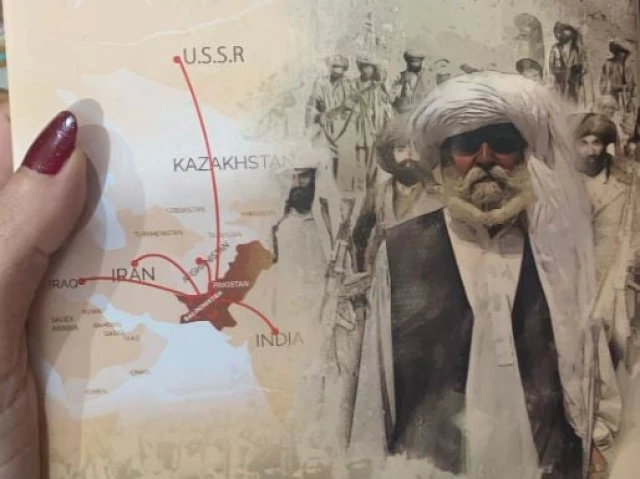
The Baloch insurgency, one of Pakistan's longest-running conflicts, has often been narrated through the lens of violence, state repression and separatist demands.
Rooted in grievances over political marginalisation, foreign interference, economic exploitation, and geo-strategic compulsions, the insurgency has ebbed and flowed since Pakistan's early years.
The state's response has largely been security-driven, with periodic efforts at political engagement. Yet, the deeper social and historical forces behind the unrest are rarely acknowledged in mainstream discourse.
It is within this context that "Mir Hazar Khan Marri: From Resistance to Reconciliation" offers a refreshing and timely intervention.
Authored by noted columnist and storyteller Amar Masood and supported by the research of Khalid Fareed, the book shifts the focus from abstract policy debates to a deeply personal story - that of Sardar Mir Hazar Khan Marri, a central figure in Balochistan's political history.
The biography traces Marri's evolution from a symbol of resistance to an advocate for peace.
Known for his fierce defiance of the Pakistani state, Hazar Khan Marri led his tribe into exile in Afghanistan during a time of Cold War upheaval.
His refusal to recognise the constitution, and his alignment with Soviet-backed movements, defined a turbulent period during which the Marri tribe actively engaged in armed operations against Pakistan.
However, the book does not romanticise the insurgency.
It offers a clear-eyed account of its costs - the displacement, the political isolation, and ultimately, the dead-end nature of a prolonged confrontation.
After the collapse of the Soviet Union, the Marris found themselves in limbo. It was during Benazir Bhutto's tenure that a general amnesty paved the way for their return.
This return marked a turning point in Hazar Khan's life. The book sensitively documents his introspection and eventual embrace of reconciliation.
Once a rebel leader in exile, he emerged as a constructive force in Balochistan's development. The transformation is not just personal but symbolic: today, his grandchildren serve as senior officers in the Pakistan Army — a striking illustration of integration after decades of estrangement.


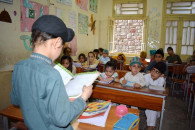

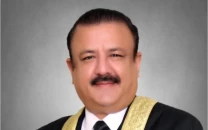
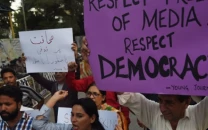

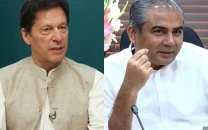
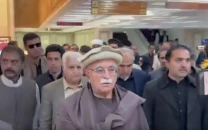

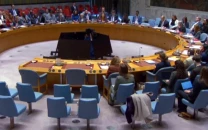













COMMENTS
Comments are moderated and generally will be posted if they are on-topic and not abusive.
For more information, please see our Comments FAQ